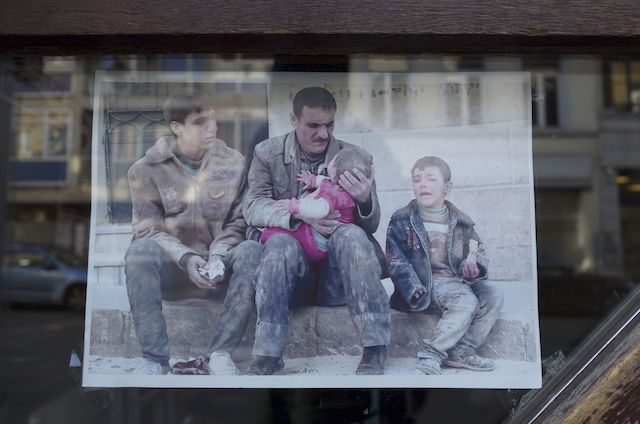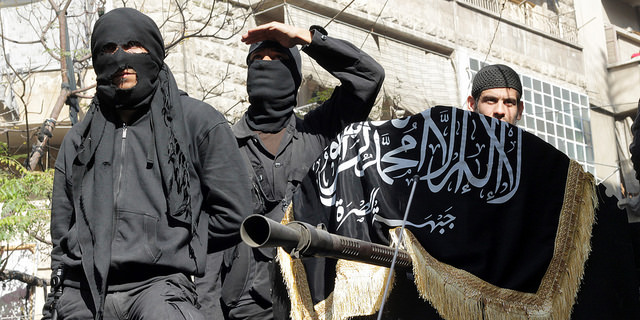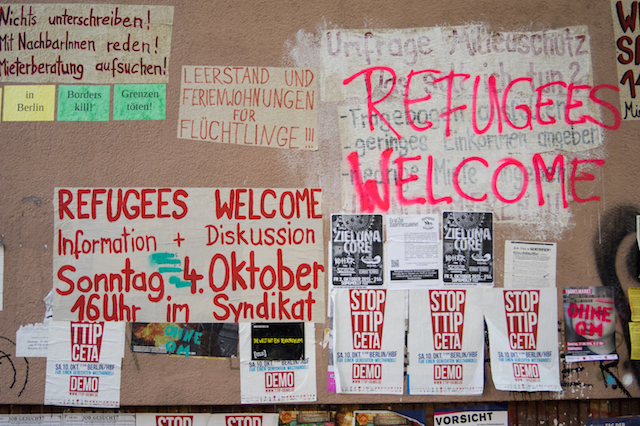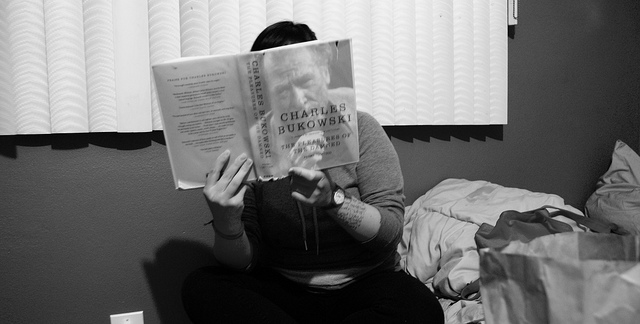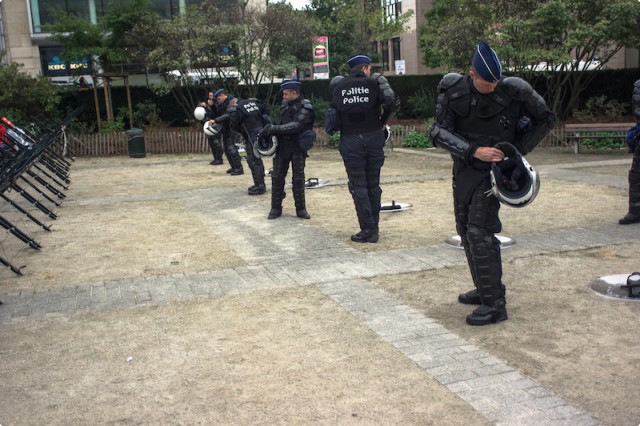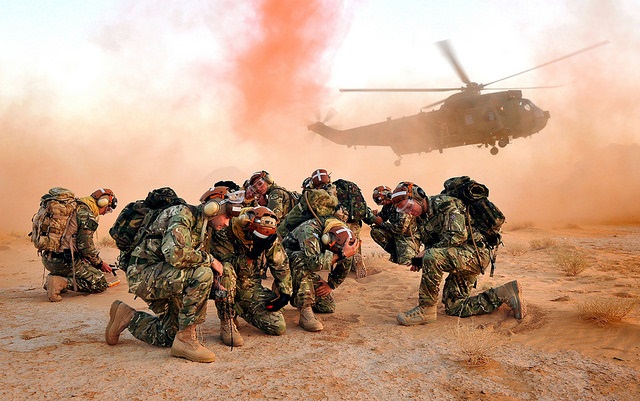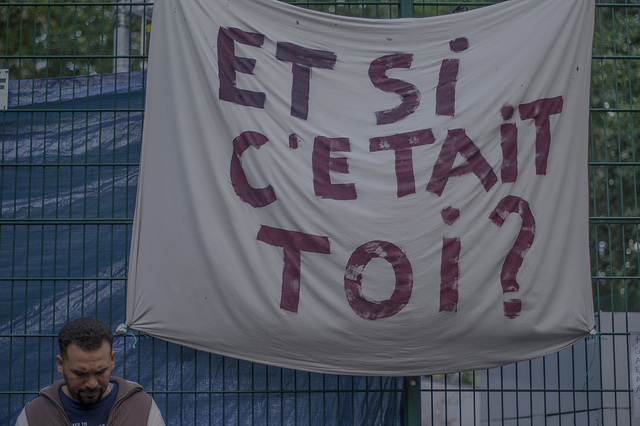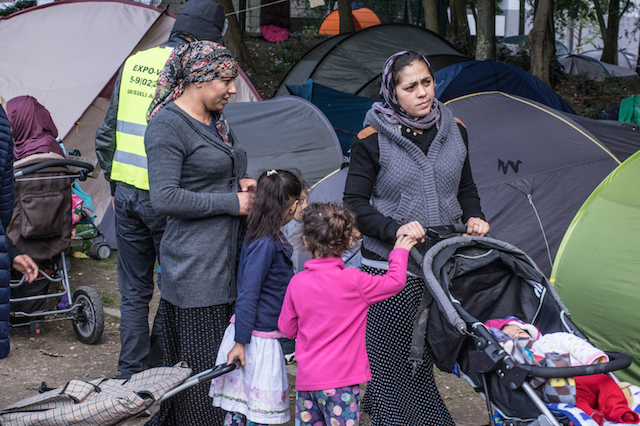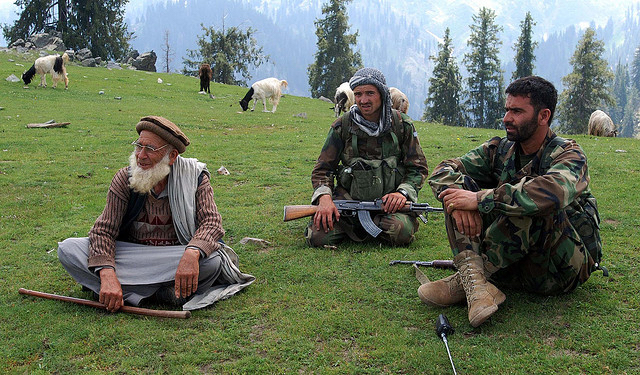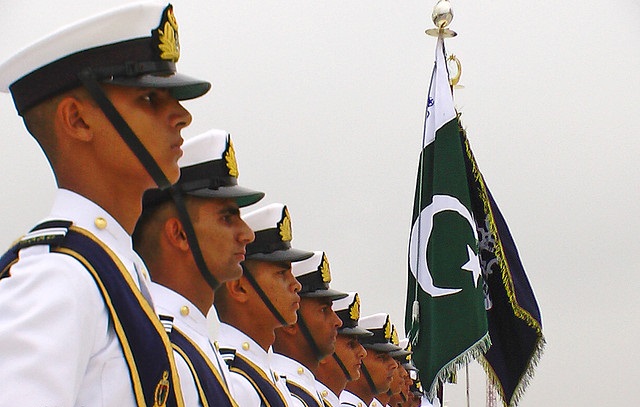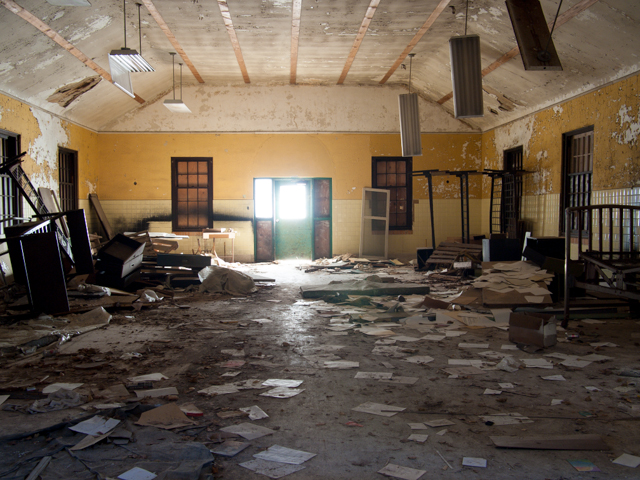Raz Mesinai garnered international attention in the early ‘90s as half of the duo Sub Dub, in the context of Brooklyn’s so-called “Illbient” scene. But by that time, the Jerusalem-born composer and audio libertine already had over a decade behind him as a bedroom producer, at first busting out b-boy beats for break-dancers before starting to cross more experimental circuits. (More…)
News feed
So Russia is now an active participant in the Syrian civil war. The pretext is standard: Islamic State must be defeated at any cost to the Syrian people. Yet the bombs are falling on other rebel targets – al-Qaeda’s Jabhat al-Nusra, no doubt – and civilian targets are not out of bounds. (More…)
A major criticism of Islamic militants is the fact that they fight during Ramadan. S. K. Malik’s Qu’ranic Concept of War complicates this argument by highlighting a strong Qu’ranic justification for jihad during the “prohibited month.” (More…)
Angela Merkel was just playing catch-up. By the time she announced Germany’s new open borders policy last summer (before retreating, a week or so later,) the slogan “Refugees Welcome” was already several years old. Plastered throughout Berlin, particularly the city’s heavily Muslim central neighborhoods, it was the anti-Swastika. (More…)
It seems like a long time ago, when rebellious poets lashed out against a takeover of the field by academics who, according to the familiar curse, “had everything but an audience.” They were trying, in part, to return poetry to its popularity in the early twentieth century–think of Carl Sandburg’s large following when he was only years from his socialistic journalism—before modernism turned most radical poetry inward. (More…)
If I may begin with a bit of oversimplification, Slavoj Žižek basically writes two kinds of books: long and incomprehensible, and short and to the point. His Less Than Nothing is an example of the first sort. (More…)
All along the north and north-west frontiers of India lie the Himalayas, the greatest disturbance of the earth’s surface that the convulsions of chaotic periods have produced. (More…)
The signal achievements of postwar Western Europe were undoubtedly impressive: robust welfare states, acceptance and even celebration of previously persecuted minorities, a commitment to peace-first foreign policy, and, above all, the European Community and then Union. But they were also the product of an illusion. Because of depopulation and the delayed effects of decolonization, the continent seemed far more spacious than it does now. (More…)
On January 7 2015, Cherif and Said Kouachi, two French Algerians radicalised by the war in Iraq, entered the offices of Charlie Hebdo. It was a Wednesday, and the writers had gathered for an editorial meeting. When the shooting began, the satirists thought it was firecrackers. (More…)
The United States has a long history of supplying weapons to armed proxies by way of deniable third parties. Some of these efforts were deemed successful at the time, such as the arming of the Afghan mujahedeen in the 1980s or Air America supply runs to anti-communist militias in Indochina. (More…)
Brigadier General S. K. Malik’s book Quranic Concept of War was published in Lahore in 1979. Malik articulates a uniquely Islamic contribution to ‘just war’ theory, using the Qu’ran to discuss wartime ethics and the nature of modern jihad. (More…)
Forest Haven Asylum is the most disturbing place I’ve ever visited. Maybe that’s why I felt compelled to return there repeatedly. Nothing could undo the human atrocities the asylum witnessed in its seven decades of existence. Maybe documenting their horrific legacy could show people how terribly wrong the ideology behind the asylum system really is. (More…)

